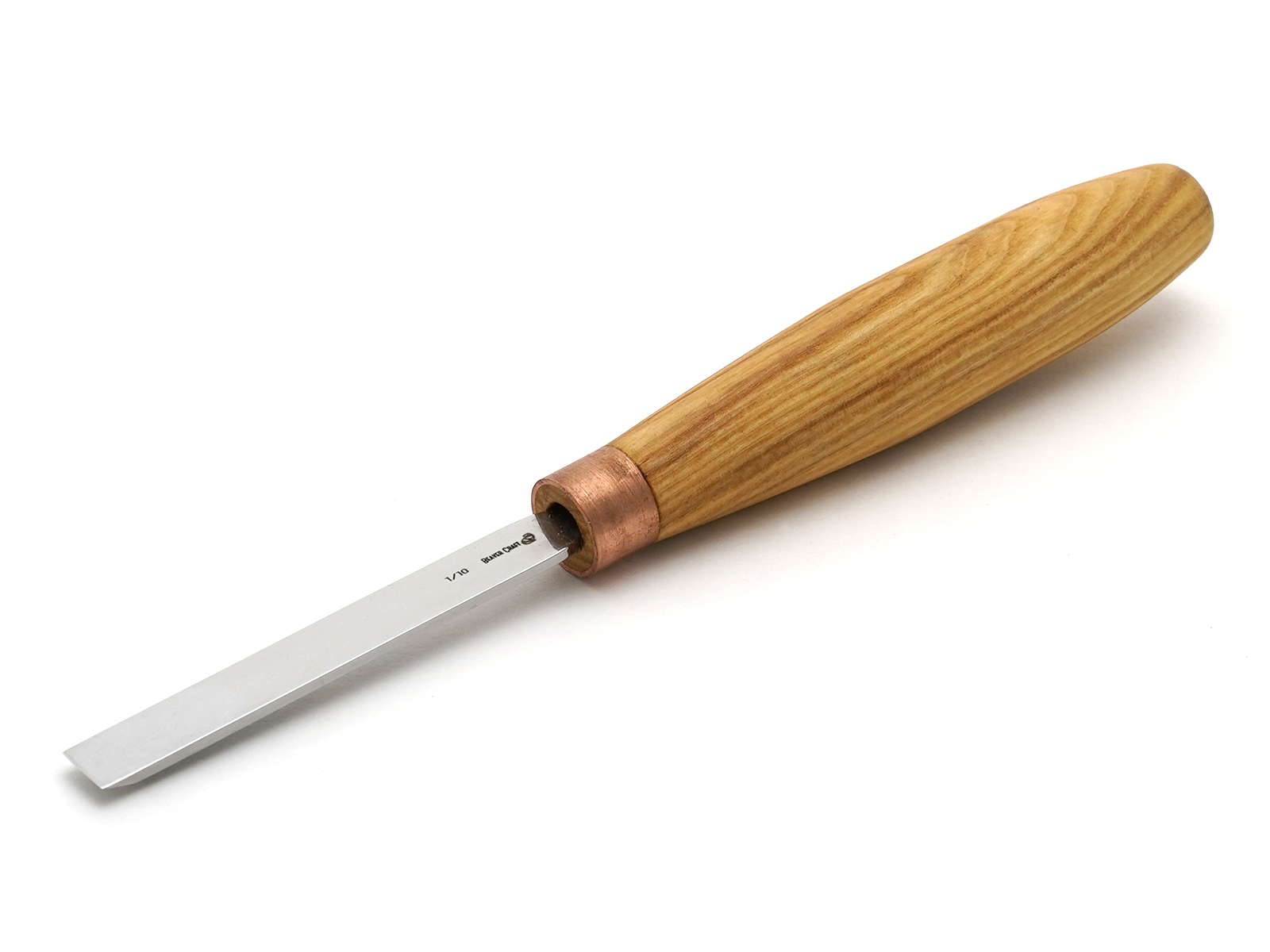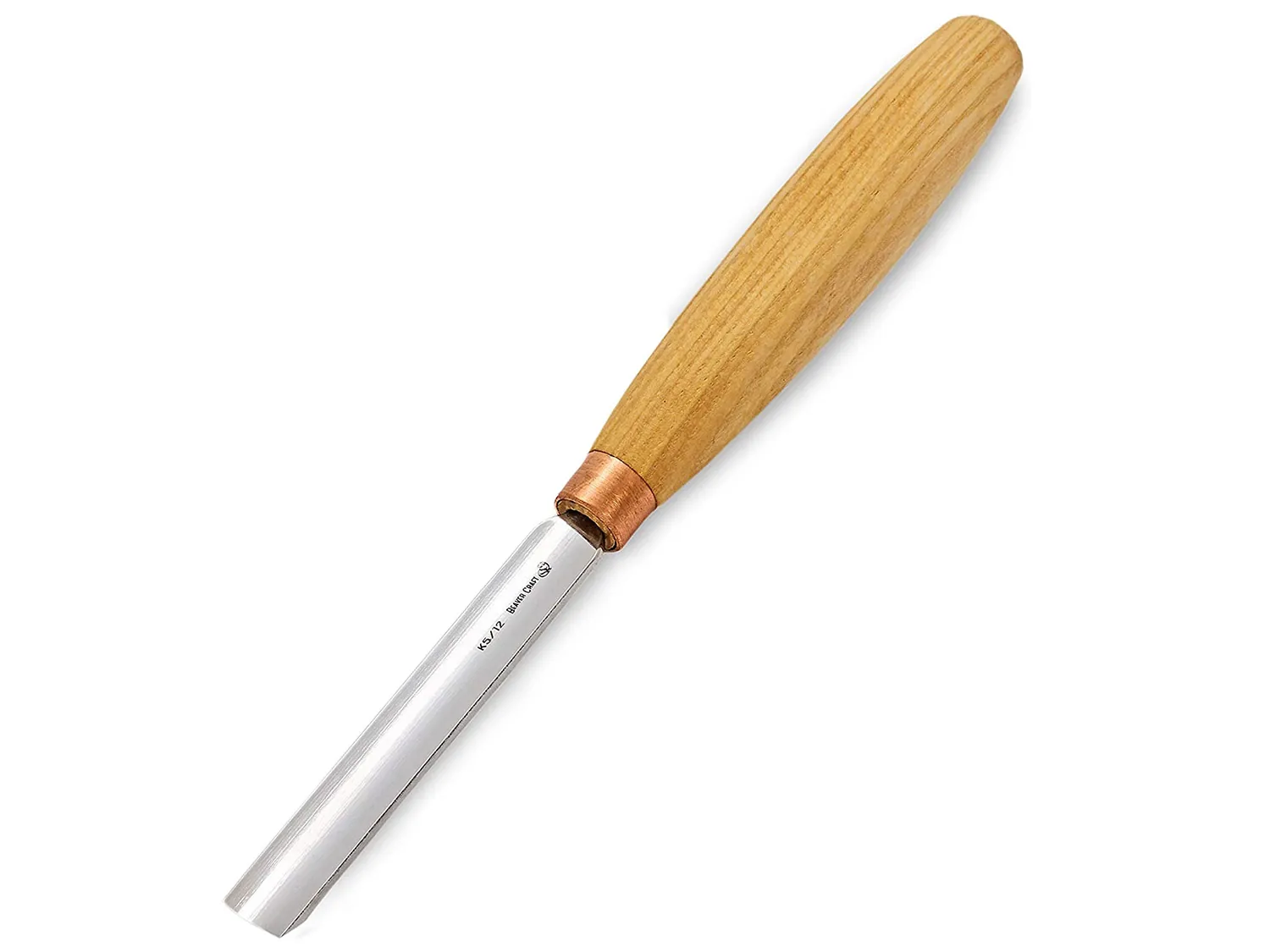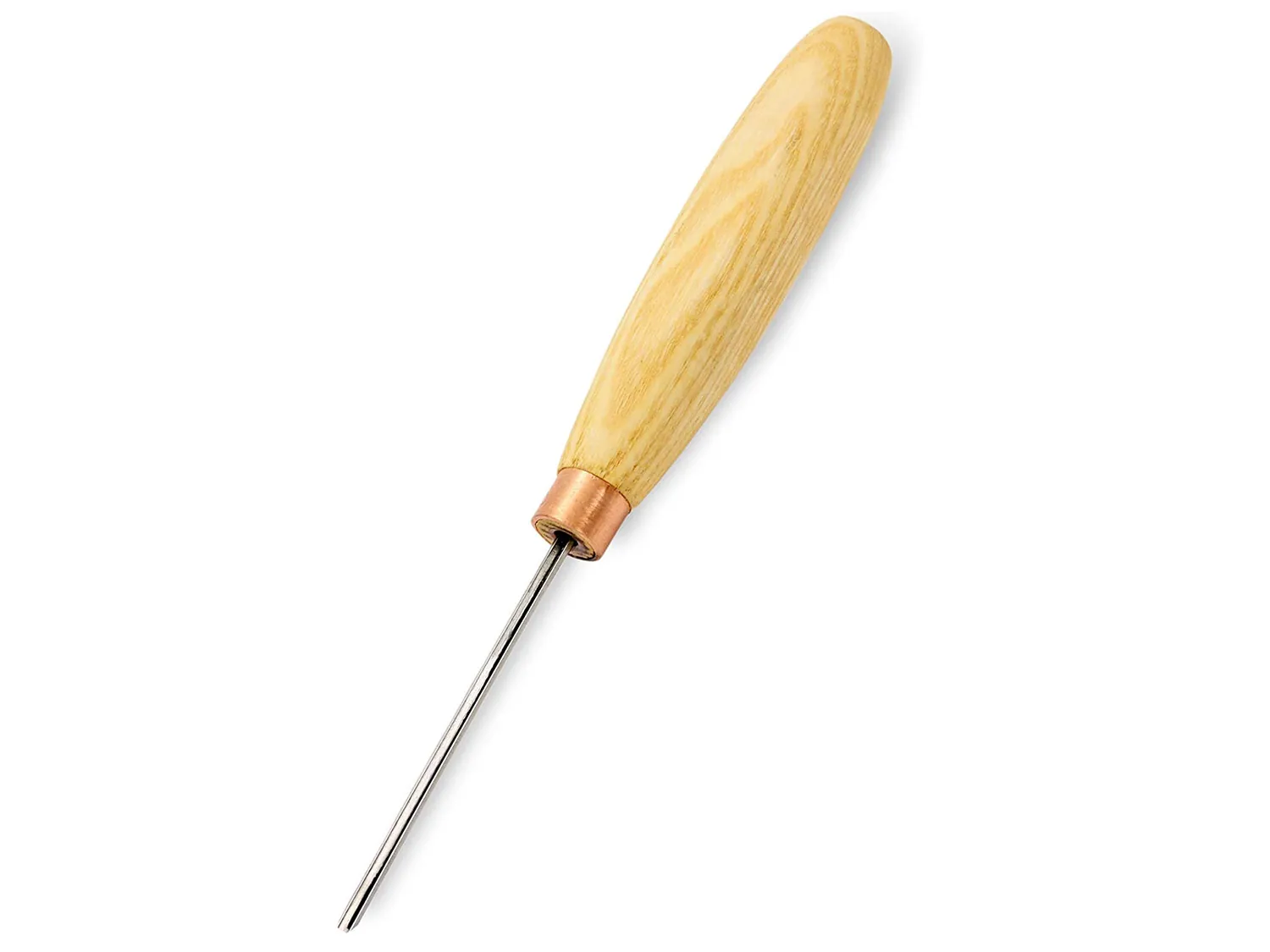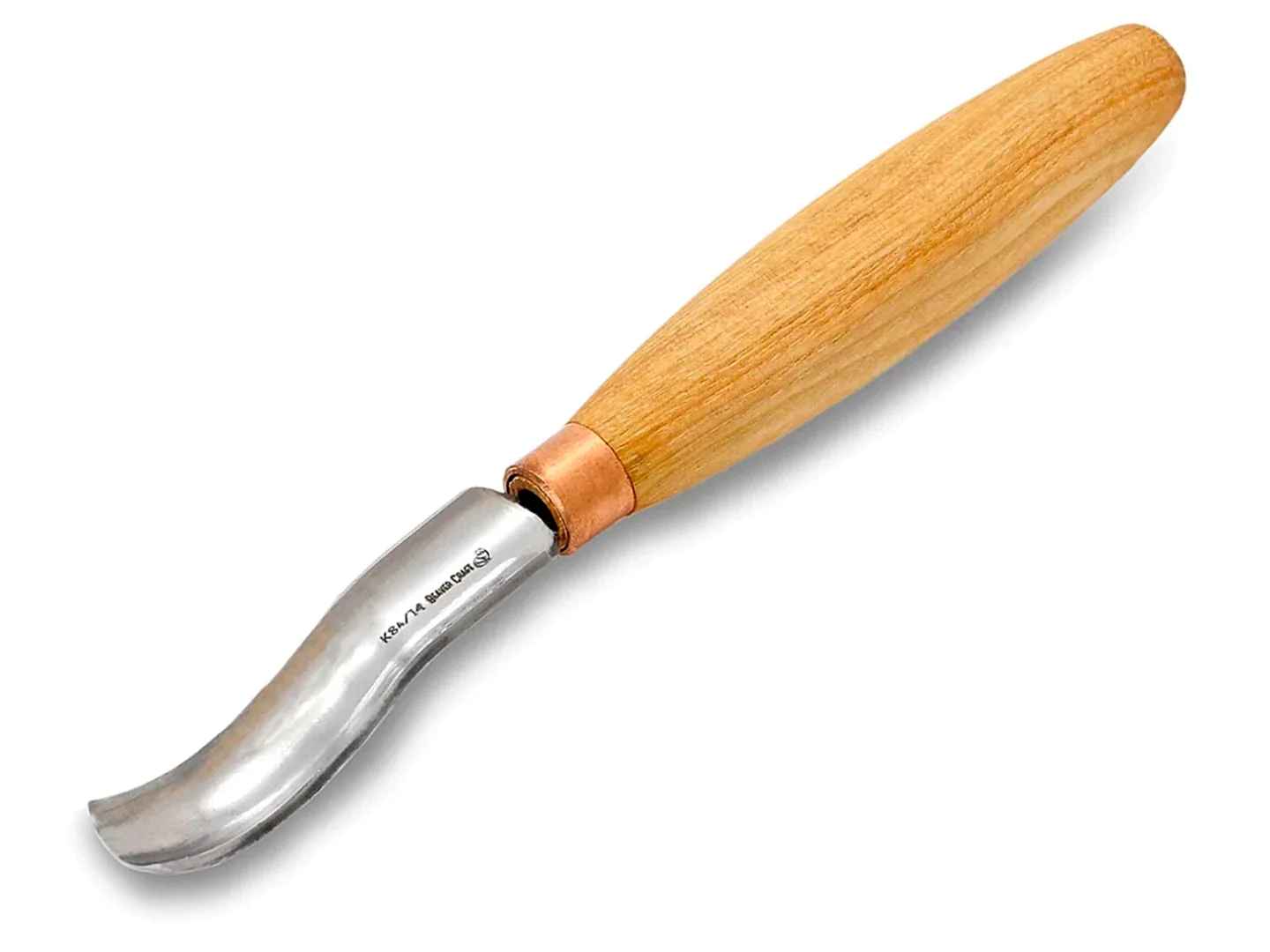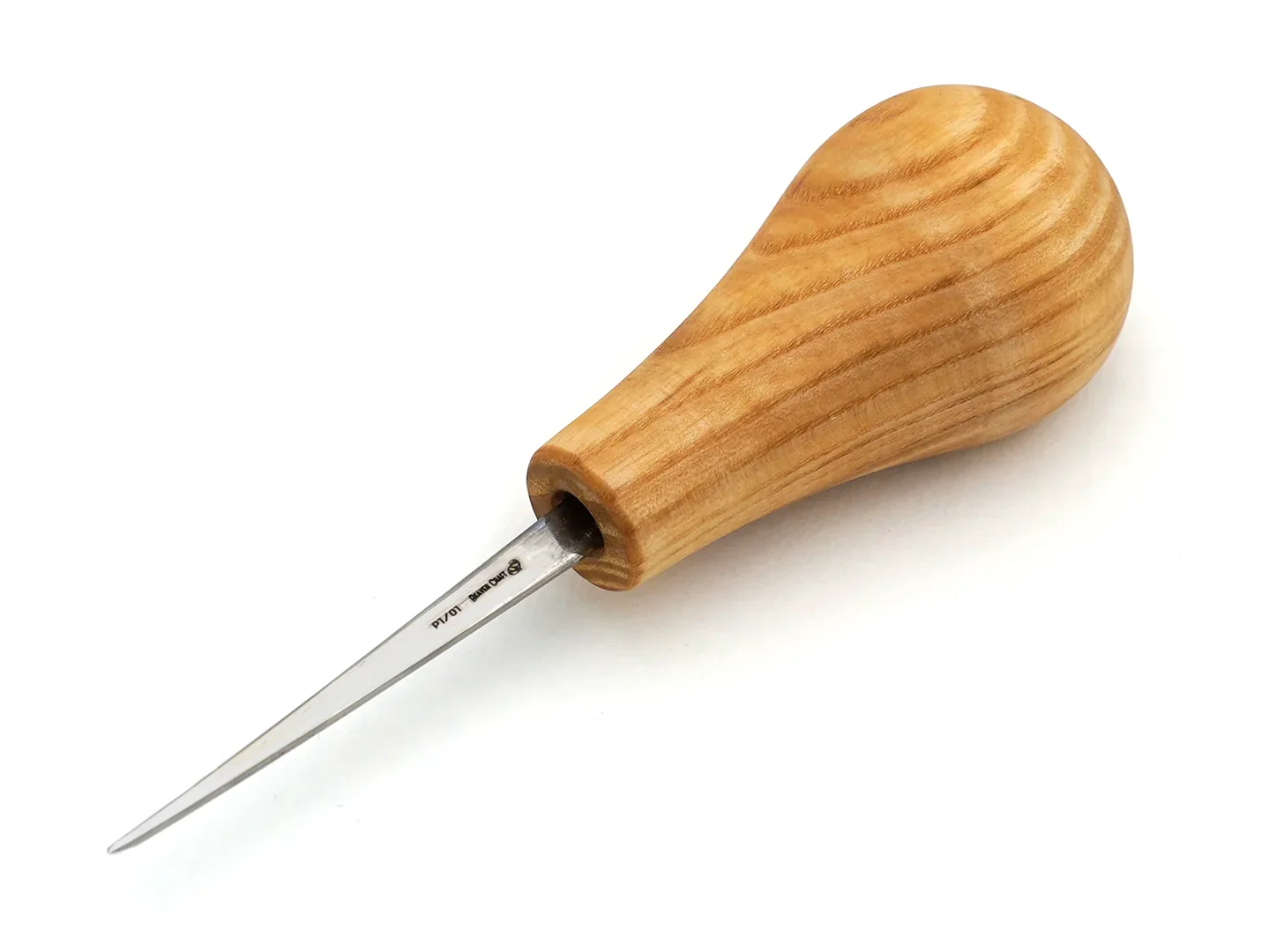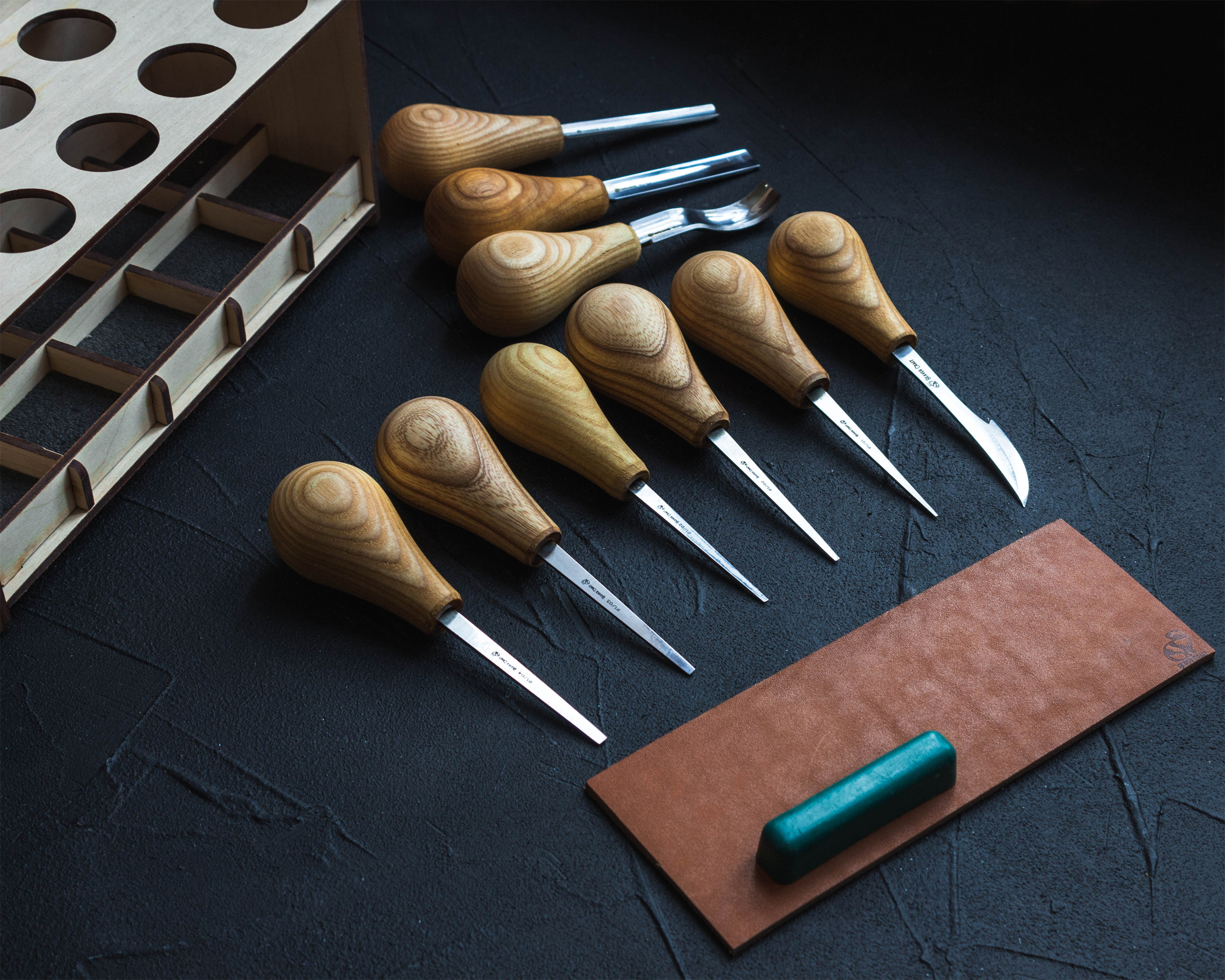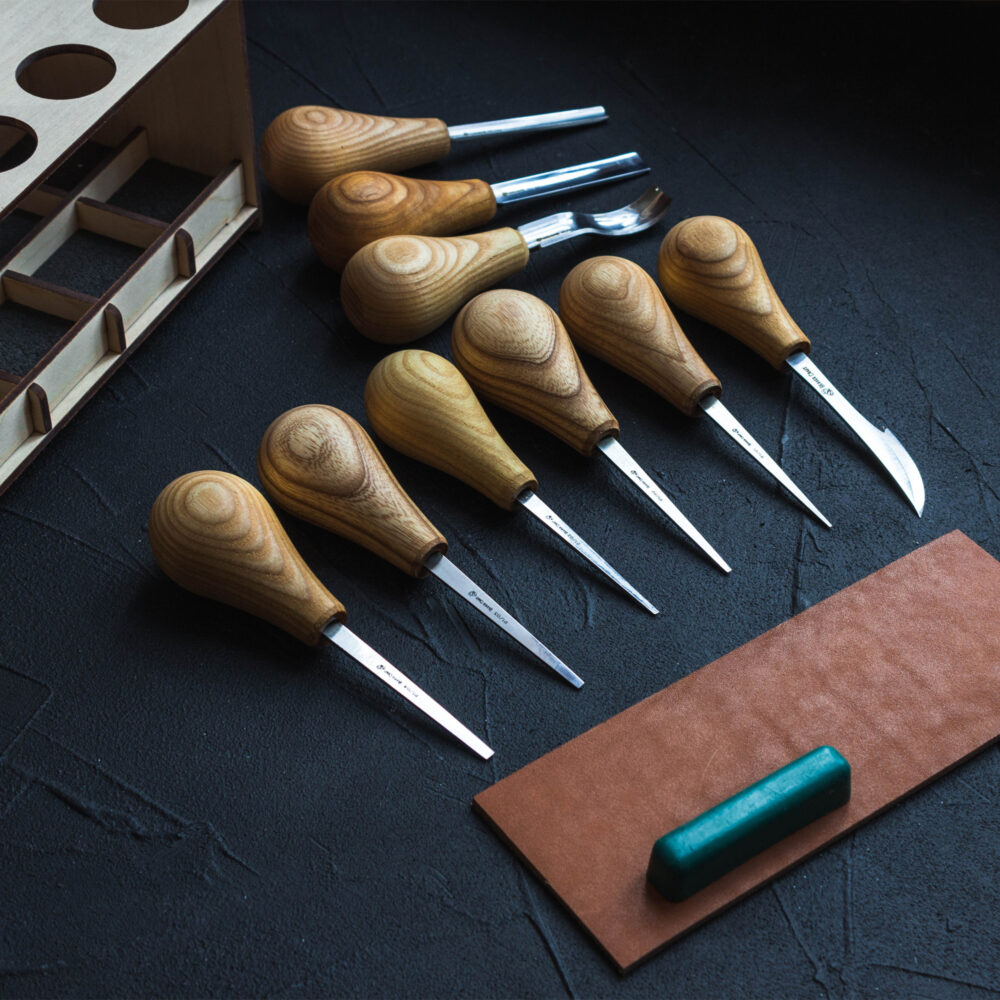
Ah, chisels – indispensable cutting instruments with broad applications not confined to woodcarving, carpentry, and joinery. Their utility extends to construction, masonry, and various other fields, proving effective in working with stone, concrete, wood, and metals.
The woodworking chisel, commonly known as a wood chisel, serves as a paramount tool for artisans and DIY enthusiasts engaged in carving, cutting, paring, chipping, and shaping wood. This fundamental hand tool holds immense significance, elevating woodworking skills across various tasks. Indeed, it stands as one of the most versatile and essential additions to any woodcarver’s toolbox.
Wood Chisels Varieties to Enhance Your Carving Proficiency
An array of chisel types exists to handle virtually every woodworking task imaginable. Possessing a compact set of fundamental woodworking chisels becomes essential if you aspire to explore new tools, experiment with different techniques, or enhance your skills.
For beginners, the abundance of wood carving chisels can be overwhelming, given the variations in size, blade shapes, and functions. Chisels are versatile tools, allowing you to carve flat, round, curved, or concave designs into wood.
Now, let’s delve into these six types of chisels that can complement and enrich your collection of woodworking tools.
Straight Flat Chisels
This particular type of chisel is frequently employed for refining the wood surface, adding intricate details, and imparting a polished, professional appearance to your project. Crafted from high-quality carbon steel, it undergoes manual sharpening and honing.
Suitable for treating both softwood and hardwood, this tool features an Ash handle that is oil-impregnated. It is specifically designed for meticulous manual treatment, excluding the use of a hammer or mallet. Convenient to handle and conducive to prolonged usage, it stands as a reliable choice for precision work.
Half-Round Chisels
These instruments excel at shaving, shaping, and maneuvering around corners that may be challenging for a regular knife or flat chisel. With a shorter blade and a comfortably compact handle, they are ideal for your most intricate carving projects.
V-Shape Chisels
These chisels are essential for tasks such as outlining, carving grooves, letter carving, and intricate detailing on a smaller scale. The compact straight V-profile chisels feature a 60° angle, enabling precise carving of deep and fine lines. Suitable for both softwood and hardwood treatment, these tools offer versatility in various woodworking applications.
Bent Curved Chisels
If you seek ideal tools for crafting spoons and hollowing out wood, your search ends here. Bent curved wood chisels are adept at handling such tasks. Numerous carvers utilize chisels with diverse profiles and blade shapes to engage in intricate artistic wood carving, producing the most detailed and beautiful whittling projects. A staple in any master’s standard toolkit is the curved chisel, also known as a bent gouge. This type of chisel is notable for its distinctive features, primarily stemming from its curved shape.
Utilizing this wood carving tool empowers you to craft kuksas, bowls, or spoons of diverse designs. It is well-suited for shaping wood blanks and intricately cutting various patterns and ornaments. Whether you are a seasoned professional or a novice in this creative pursuit, this carving tool proves to be an excellent solution for both.
Compact Mini Wood Chisels
These chisels come in diverse blade shapes but are smaller in size, crafted for enhanced maneuverability and intricate woodworking tasks. Serving as miniature counterparts to their full-sized counterparts, they find widespread use in finely carving soft materials.
Palm Chisels
If you haven’t tried these chisels yet, it’s a must. The handles are ergonomically designed to fit snugly in the palm, facilitating precise and controlled cuts. Available in various blade shapes, these chisels excel in a wide range of carving techniques. Featuring a straight blade with a single bevel, the comfortable small handle sits steadily and comfortably in any hand. These tools are suitable for treating both softwood and hardwood.
Why Do You Need a Chisel for Wood Carving?
There exist numerous chisel forms, varying in size, blade width, curvature, handle lengths, and intended applications. Owning at least one in your workshop is essential due to their versatility.
Chisels can tackle a multitude of woodworking tasks, such as shaving off excess wood, cutting mortises, chopping out corners, creating smooth rounded or concave designs, and forming shallow or deep grooves with varying depths and lengths. They are also useful for rounding off the corners of wooden workpieces and achieving textured surfaces with narrow but long triangular grooves by pressing down on a straight chisel at a slight angle.
Wood carving, a captivating creative process suitable for people of all ages, becomes more enjoyable as your skills and experience grow. Over time, you’ll develop preferences for various wood carving tools, including different types of chisels.
Whether you’re engaging in a small DIY project with your kids or undertaking a larger carving with intricate designs, BeaverCraft offers a diverse selection of high-quality woodworking chisels and other tools at the best prices.
FAQ about Wood Carving Chisels
What types of wood carving chisels are recommended for beginners?
If you’re just starting with wood carving, it’s advisable to begin with a few essential chisels. Straight gouges are versatile tools suitable for carving straight lines, removing material, and creating shallow curves. V-parting tools prove essential for detailed work and precise lines, while chisel gouges with flat ends are perfect for smoothing surfaces and efficiently removing larger sections of wood.
Which wood carving chisels are best for intricate and detailed carving work?
For intricate and detailed carving that demands precision and control, consider using chisels such as veiner chisels with narrow, U-shaped blades for fine details and delicate lines. Spoon gouges, with their rounded, spoon-like shape, are ideal for hollowing out concave shapes and creating intricate, curved designs. Skew chisels, featuring flat, angled blades, excel at delivering clean, precise cuts and detailed patterns.
Can the same wood carving chisels be used for different types of wood?
While it’s possible to use the same chisels for various wood types, it’s crucial to consider factors like wood hardness and chisel sharpness. Softer woods like pine or cedar may require less effort, whereas harder woods like oak or cherry demand sharper chisels. Regularly sharpening and maintaining your chisels will ensure their effective performance across different wood types.
